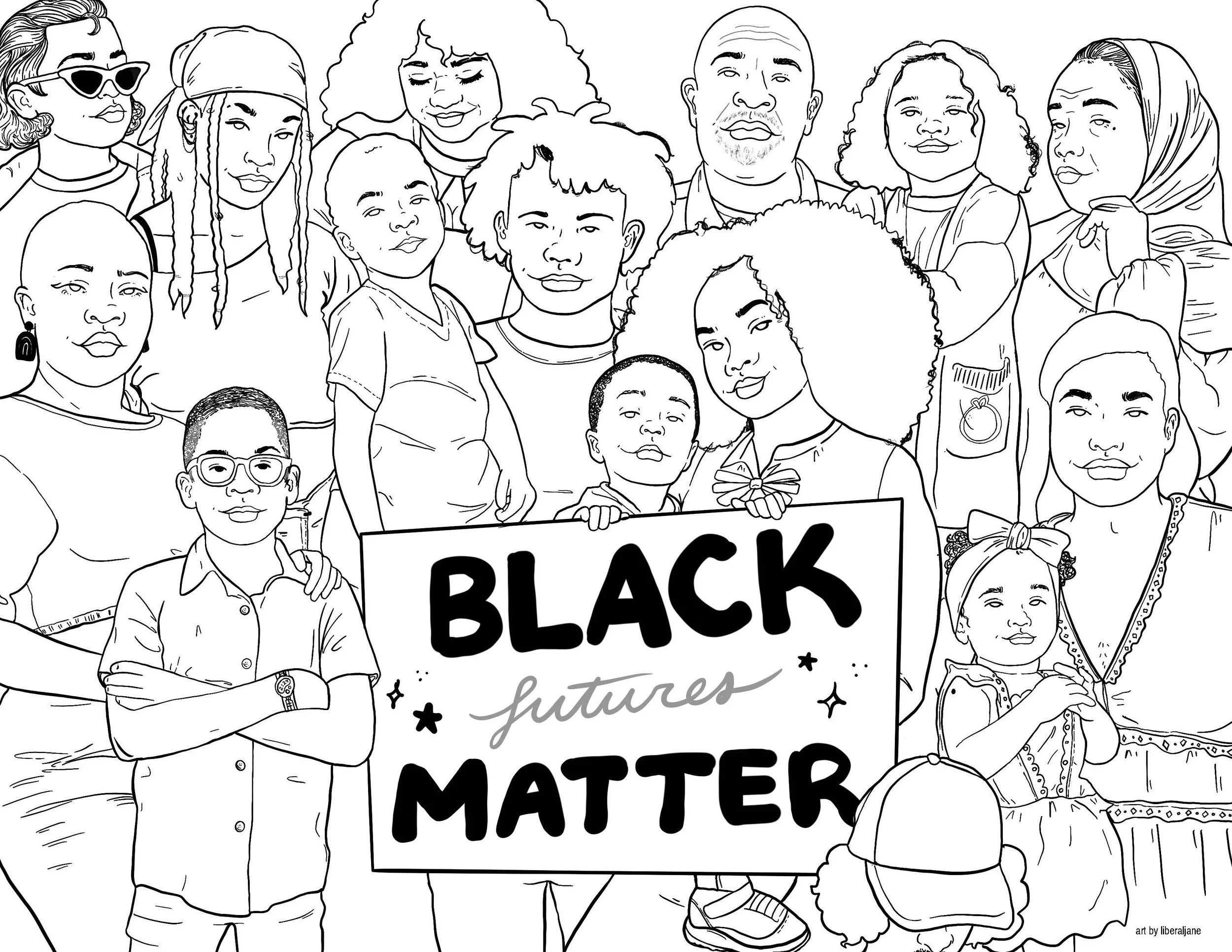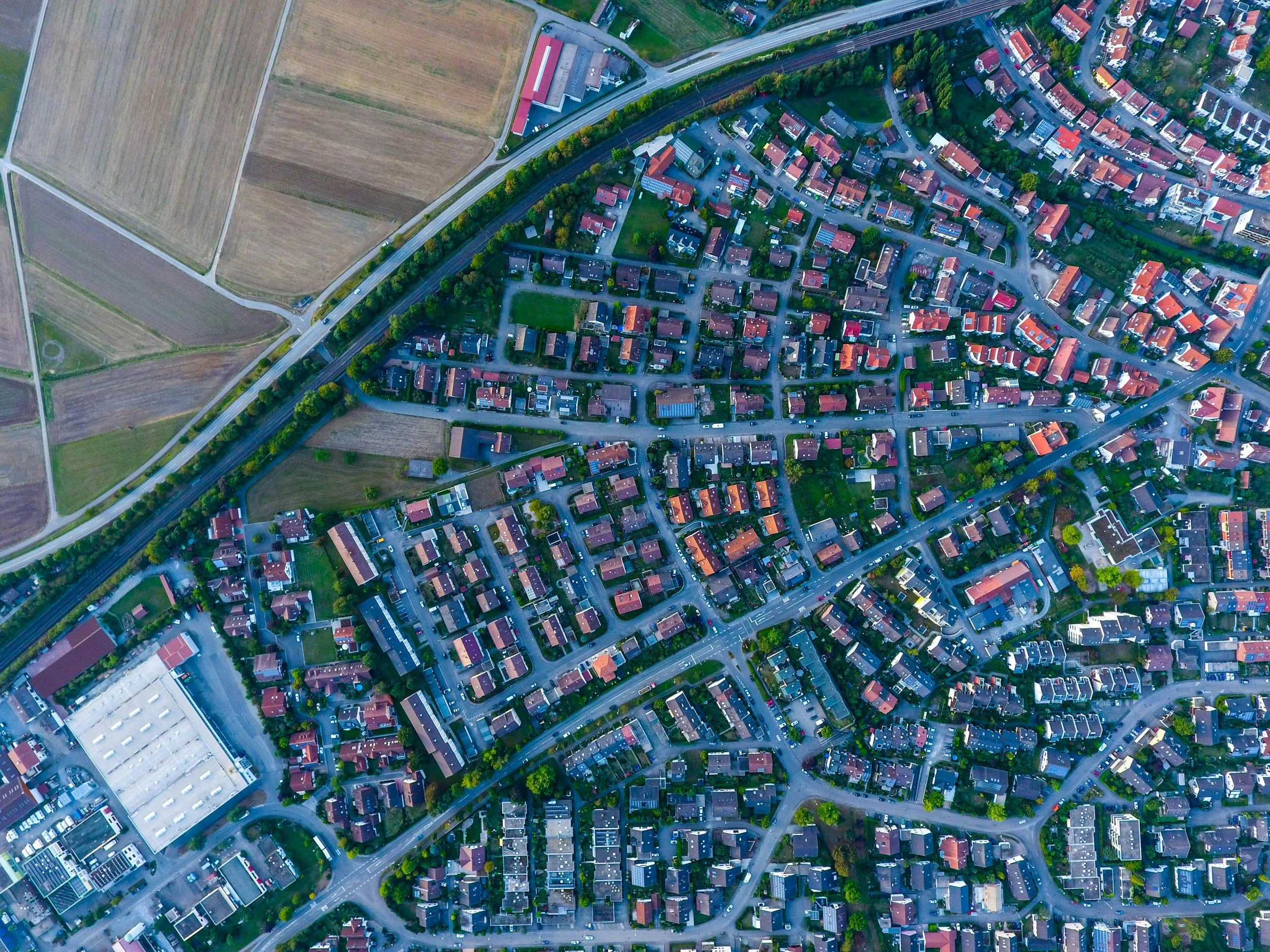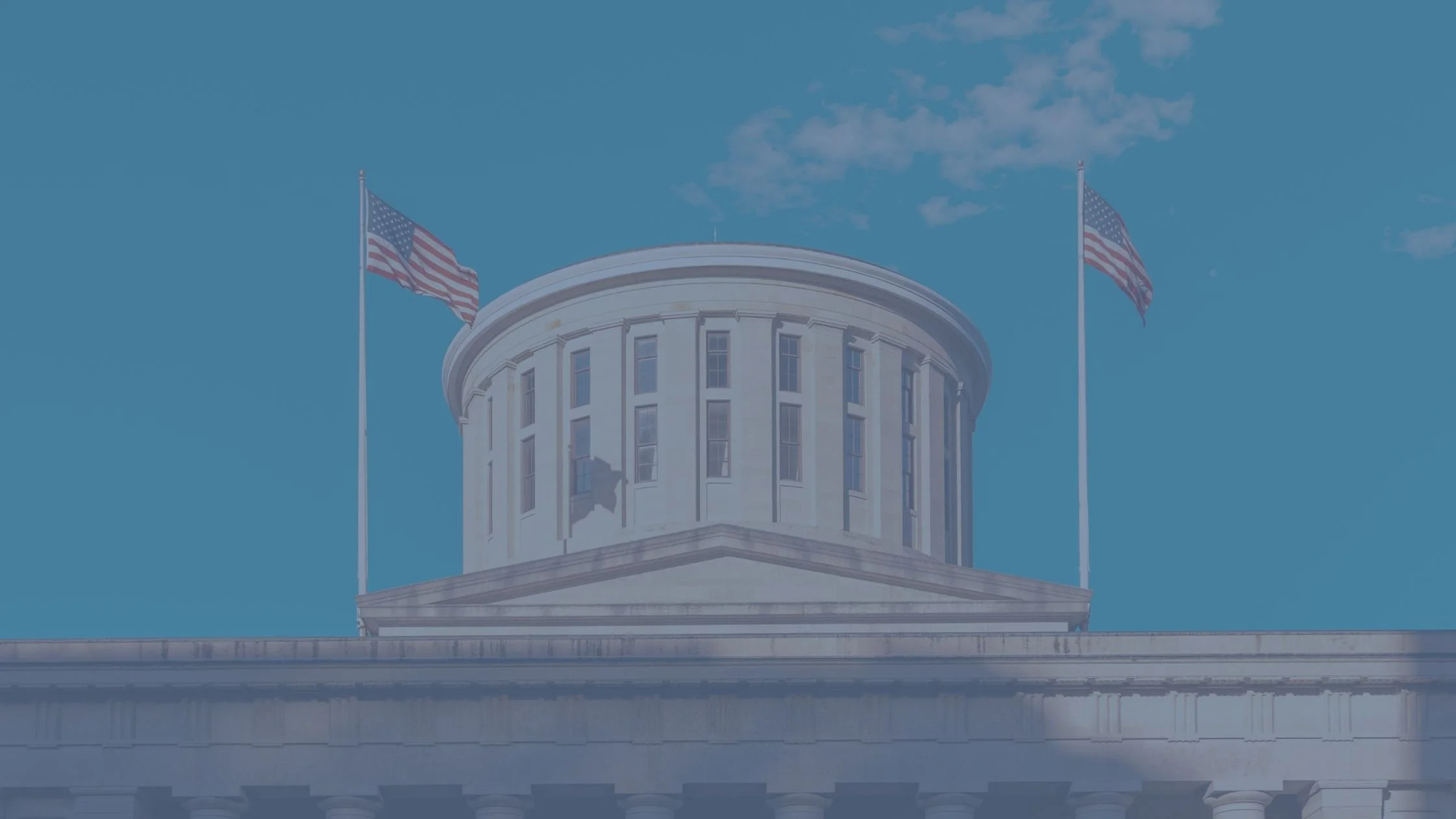Residents throughout Pennsylvania, Ohio, and West Virginia, are raising the alarm as new data centers, warehouses, and industrial facilities move in rapidly leading to public concerns surrounding noise, water, and power-usage. How is this happening so fast? Too often, municipalities approve these developments through quiet but completely legal rezoning processes. Many communities are left wondering: Can zoning rules really be changed that easily? Why don't we know about it? How can we get involved before final decisions are made? How does this work, and is there anything I can do about it?
Here's how the zoning process works, how municipalities change their zoning maps and codes, what the legal requirements are, and how you can better advocate to protect your community from these unwanted changes.


















